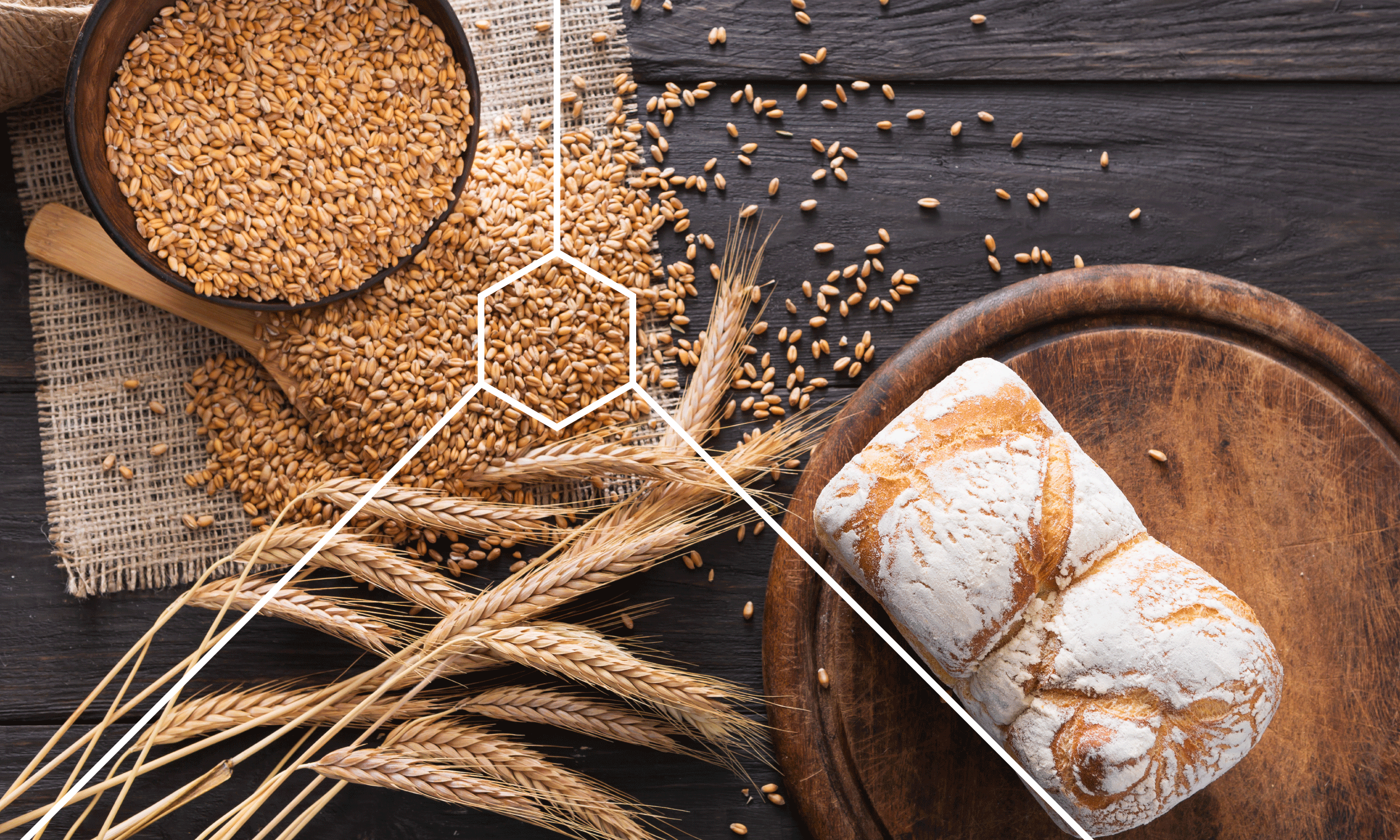
It’s likely that you have experienced digestion issues at least once in your life. These digestion issues can leave you feeling sick, tired, and bloated. More often than not, digestion issues are caused by poor dietary and lifestyle habits. In this article, we will go over some of the causes of poor digestion, foods that cause poor digestion, and foods that aid with digestion issues.
What Causes Poor Digestion?
Poor digestion is far too common. In fact, 95% of digestive health issues are caused by undigested food rotting, fermenting, and going rancid in your digestive system. This can, unfortunately, lead to parasites, fungus, and bad bacteria growth which can then lead to weight gain, irritable bowel syndrome, and Crohn's Disease. Here are some of the things that can cause poor digestion:
- Poor chewing - Believe it or not, the way you chew has an impact on your gut health. Chewing breaks down carbs and if you don’t chew enough your pancreas will have to make additional enzymes
- Low hydrochloric acid - B vitamins work to make low hydrochloric acid which digests protein. If you are deficient in B vitamins the proteins that you consume start to putrefy
- Low enzymes - Your pancreas creates enzymes that break down mostly carbs, but also protein and fat. If the pancreas is tired from high sugar diets, then the carbohydrates will ferment
- Low bile - Your liver is responsible for producing bile which is pumped into your gallbladder to digest fat globs. This fat can go rancid if the particles are too large to pass into your lymphatic system
- Bacterial overgrowth - Undigested food can lead to bad bacteria. Therefore, the more undigested food in your system, the more bad bacteria you may have
The main reason why these things happen is poor diets. You can avoid poor digestion by ensuring you're eating foods that are easy for your system to digest.
What are the Worst Foods For Your Digestion?
Just as important as it is to eat foods that are good for digestion it’s important to avoid foods that are bad for digestion. Not only are these foods bad for your digestive system but they’re also bad for your overall health. Here are some of the worst foods for digestion and the foods you should aim to avoid:
- Fried foods - These foods are high in fat and can cause digestive issues such as diarrhea
- Citrus fruits - These foods are high in fiber which can be difficult to process
- Artificial sugar
- Too much fiber
- Beans
- Cabbage
- Fructose
- Spicy foods
Just because you shouldn’t eat these foods doesn’t mean that you have to avoid them altogether. Instead of eating these foods every day or every other day, cut them down to once a week or even twice a week.
What Are the Best Foods For Digestion?
As we mentioned earlier, millions of Americans suffer from digestive issues. This is not only because of the foods they do eat - the bad foods mentioned above - but the foods they don’t eat. Here are some of the best foods for digestion and the foods you should be striving to add to your diet:
- Yogurt
- Apples
- Fennel
- Kefir
- Chia seeds
- Kombucha
- Papaya
- Whole grains
- Tempeh
- Beets
While these foods help you with your digestion, they also help boost your immune system, improve your longevity, and help ensure a long, happy, and healthy life.
What Relieves Bloating Fast?
After a big meal - filled with carbs - we often find ourselves giving birth to a food baby. Our stomachs poke out - even more than they usually do - and we deal with the dreaded side-effects of bloating such as stomach pain and constipation. If you are dealing with bloating here are some tips and foods to reduce bloating:
- Go for a quick walk - Physical activity helps get the bowels moving
- Do some yoga - This may seem unconventional but yoga poses help position the muscles in the abdomen in a way that encourages the release of excess gas
- Peppermint - Peppermint can relax the intestinal muscles
- Essential oils - It should be noted that you shouldn’t use essential oils without consulting with your doctor first. These oils can be toxic or can interfere with medication
- Take a warm bath - The heat of the bath can provide relief for a sore abdomen
Of course, the best way to treat bloating is to avoid it altogether. Unfortunately, even if you live a healthy lifestyle you can be prone to bloating from time to time.
How Do You Manage Digestive Problems?
As we just mentioned, you can still experience bloating even if you live a healthy lifestyle. There are several reasons why this may happen - some can be caused by underlying health issues. Here are some reasons why you may be experiencing bloating beyond the food you are eating:
- A stomach infection
- Irritable bowel syndrome
- Celiac disease
- Hormonal changes that happen around women’s periods
- Constipation
If you believe that your bloating is caused by issues that go deeper than your diet, you should consult with your doctor.
What are the Best Digestive Superfoods?
We’ve all heard about superfoods. In fact, they have been booming in popularity among the health community in the past decade and for good reasons. These foods provide a wide range of health benefits including digestion benefits. Here are some superfoods that you should add to your meal plan for digestive problems:
- Sauerkraut
- High-fiber, low-fat beans
- Yogurt
- Fish oil
- Ginger
- Peppermint
- Fluids with fiber







